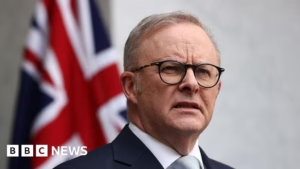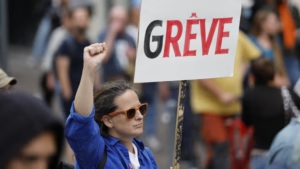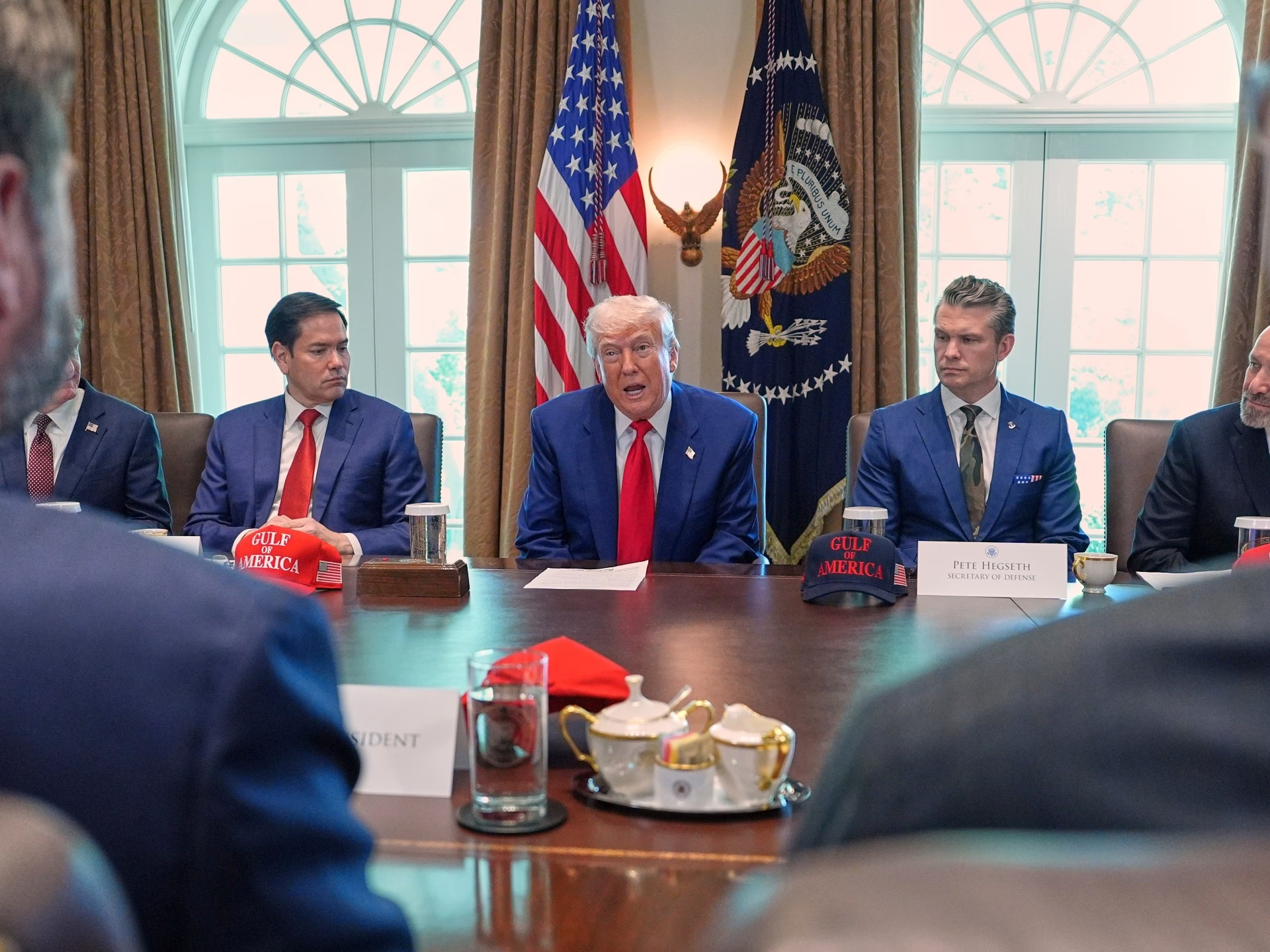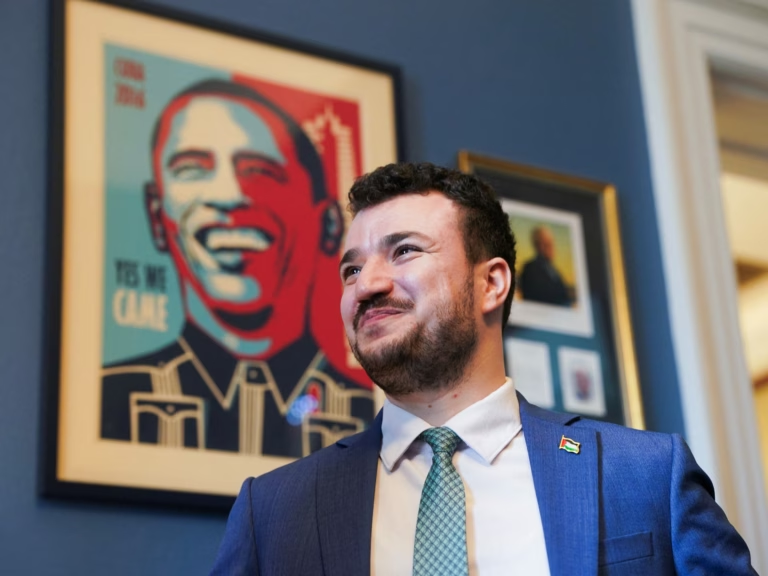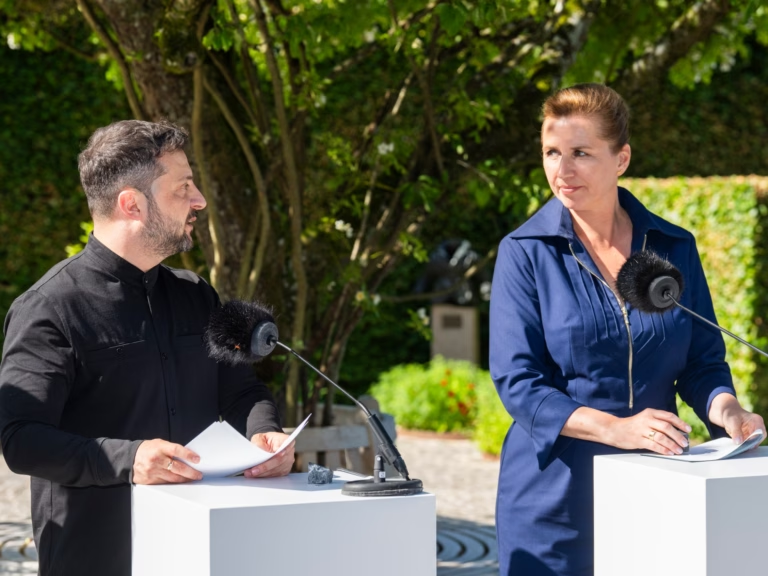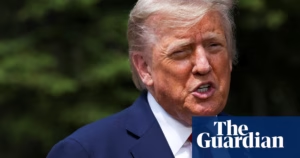However, analysts speaking to Al Jazeera are uncertain whether the new cabinet’s composition will influence how the administration handles the escalating conflict between Iran and Israel.
Recently, Israel launched surprise strikes on Tehran, prompting Iran to retaliate, threatening a broader regional conflict.
Brian Finucane, a senior analyst at the International Crisis Group, noted that there are fewer traditional Republican hawks in Trump’s current administration, suggesting a shift towards a more restrained approach. But he questioned how vocal these cautious advisors will be.
Although the Trump administration has been relatively hands-off regarding Israel’s actions, there remains the possibility of US involvement, Trump indicated to ABC News. He has also tried to frame Israel’s strikes as a benefit in ongoing nuclear talks with Iran, despite the killing of several key negotiators by Israel.
Iran’s foreign minister accused Israeli Prime Minister Benjamin Netanyahu of using Trump and US taxpayers, stating that Trump could end the fighting with a single phone call to Netanyahu.
Trump’s administration is divided on the response to this conflict, potentially revealing how he navigates the ideological differences within his Republican base.
There is tension between Trump’s “America First” view, which prioritizes domestic interests over international interventions, and the neoconservative view that supports a more aggressive military approach. Vice President JD Vance is an example of a Trump official advocating for restraint. In 2024, Vance warned that US and Israeli interests are not always aligned and expressed a preference for avoiding war with Iran.
Other officials, like Director of National Intelligence Tulsi Gabbard and special envoy Steve Witcoff, have also shown a restraint in their policies. In contrast, Secretary of State Marco Rubio has maintained a hardline stance on Iran, but remains loyal to Trump’s foreign policy.
According to experts, while Trump’s cabinet may look more hawkish than his first term, there is a shift towards skepticism about US involvement in the Middle East, particularly in the Republican Party.
Ultimately, Trump’s decisions may be influenced more by recent conversations with global leaders than by his formal advisers. Whether he listens to those advocating for peace or for military action may determine the US’s next steps in the conflict.
